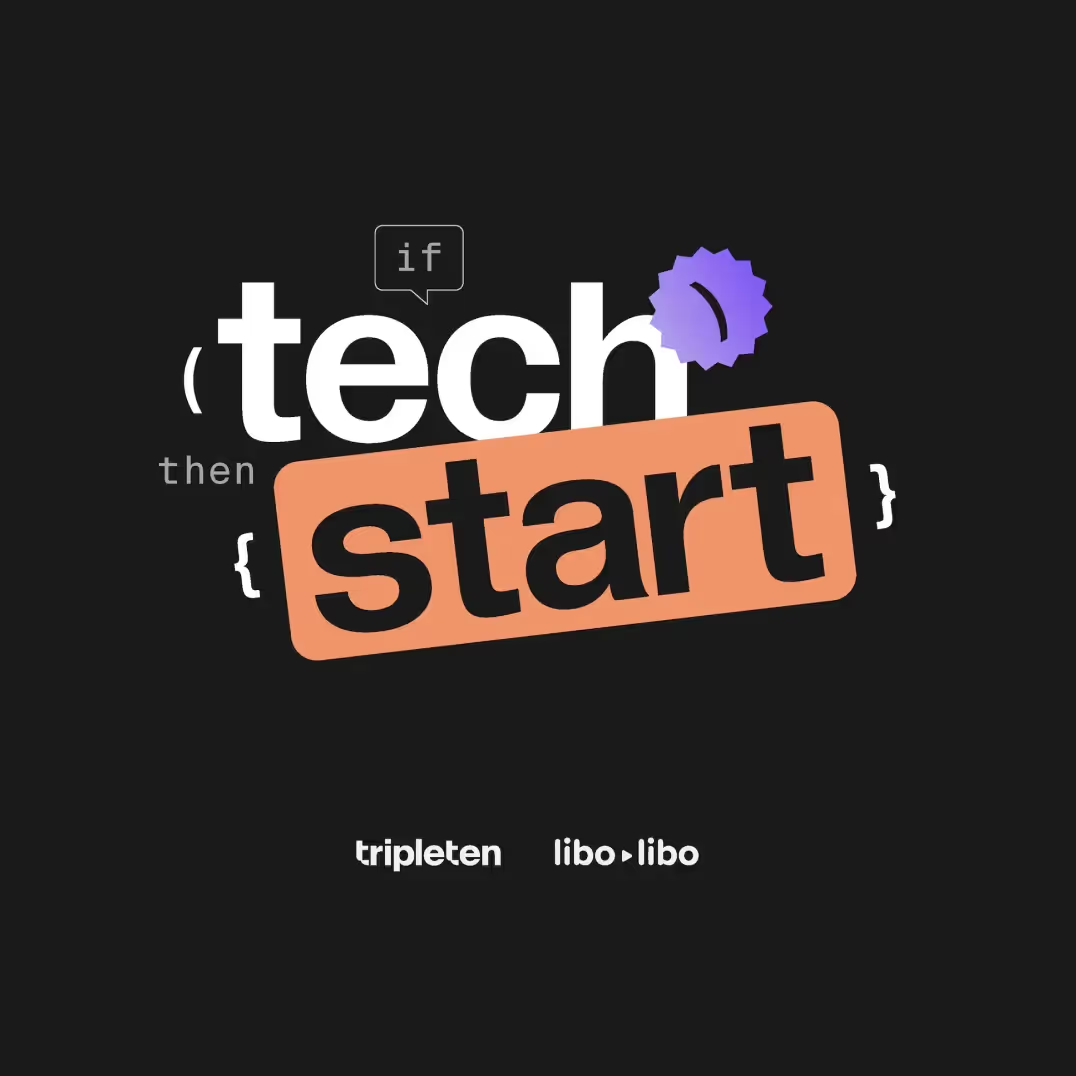

Considering a career in tech and feeling conflicted about enrolling in a professional bootcamp versus college to get you there? You’re not alone.
Bootcamps have grown in popularity over the last few years as a legitimate way to learn new tech skills at a fraction of the cost of a college diploma. Yet there’s no denying the prestige of a degree from an accredited institution and the appeal of having a B.S. in your chosen field.
Rest assured, both educational paths are fantastic options. Ultimately, deciding which one is right for you is a very personal choice that only you can determine, but the following breakdown of the pros and cons can help.
Bootcamp vs CS degree
As you review the following side-by-side comparisons, there’s one thing to note: today’s employers don’t really mind where you get your skills from, as long as they’re demonstrable. With that in mind, here are the key differences between CS degree programs and bootcamps:
- A professional bootcamp is an intensive training program that typically lasts from a few weeks to a few months and is designed to help you learn the most relevant and in-demand technologies in the industry.
- A college degree is a formal credential that typically takes two to four years to complete and certifies your academic achievement in a specific field of study such as computer science or computer engineering through comprehensive instruction.
A quick comparison: a coding bootcamp vs computer science degree
Cost
A major difference between bootcamps and college degrees is cost. Simply put, bootcamps are less expensive than college programs. That’s because they take less time to complete, are often part-time and self-paced, and are held online, so they have less operational overhead than colleges.
On the flip side, college tuition covers all the services a campus provides, as well as the prestige of earning a degree from a credentialed institution.
Cost: coding bootcamp vs college
Time
Another important difference between bootcamps and colleges is the time commitment involved. Bachelor’s and associate’s degrees operate on rigid four- and two-year cycles (assuming all credit requirements are met and you don’t need to extend your studies to complete the coursework), whereas most bootcamps last less than a year.
For example, TripleTen’s Software Engineering Bootcamp spans ten months, while earning a software engineering degree from University of California, Irvine takes four years and requires a rigorous list of coursework to be completed before a student is deemed ready to graduate. But, if you love the academic rigor of a college environment, this could actually be an attraction!
Time: CS degree vs bootcamp
Curriculum
Last, but not least, bootcamps and colleges differ greatly when it comes to their curriculum and course structure. Bootcamps are more project-based and hands-on than college programs, while college programs emphasize the fundamentals and concepts of computer science.
Both bootcamps and college degrees have their advantages and disadvantages when it comes to curriculum. Bootcamps may prepare you better for specific roles or tasks in the tech industry, while college degrees may give you a broader and deeper understanding of the theory.
Curriculum: bootcamp vs college
Outcomes
So how do these two paths compare when it comes to real-world outcomes for students?
According to Council on Integrity in Results Reporting (CIRR) data, the average job placement rate across major bootcamps is 71% and 68% for computer science college graduates. (For TripleTen graduates, that rate jumps up to 87%.) Clearly, both paths can lead to careers in IT.
As for how long it takes to find employment, it’s roughly the same for bootcamp and college graduates — three to six months. But only bootcamps (such as TripleTen, for example) offer a money-back guarantee if you don’t get a new tech job within 10 months of graduation.
Outcomes: college vs bootcamp
The info we have: getting some context
Over a thousand students have used TripleTen to pursue a new career in tech, so we have a ton of great insights on why people choose a bootcamp to reskill and what results they see. In fact, these graduate outcomes might help you decide if a bootcamp makes sense for you, too.
Bootcamp students tend to have a college degree
Among our graduates, 91% have some sort of college degree. So if you don’t have one already and your choice is college or bootcamp, it probably makes more sense to start with college. After all, people aged 25 to 34 who work full-time, year round with bachelor’s degrees earn 59% more than people who completed high school as their highest level of attainment.
However, if you already have a college degree and are considering another, a bootcamp is actually a great alternative that can speed up your timeline for switching careers.
Bootcamp students don’t often come from STEM
The majority of our students (87%) come from a non-STEM background, including education, sales, the service industry, and hospitality.

Most are used to changing careers frequently or are stuck in low-wage positions, such as teachers, rideshare drivers, lab techs, admins, and customer support representatives. As such, 80% self-identify as not particularly tech-savvy.
Should I choose a coding bootcamp or a college degree?
As we’ve demonstrated, both options have their pros and cons, and the best choice depends on your personal goals, learning preferences, and circumstances. The following prompts can help you get closer to an answer that is the best fit for you, your career, and your life.
10 questions to help you make the right education decision
Still unsure? Take our quiz
A big decision like investing in your continuing education shouldn’t be rushed. After you go through the prompts above, consider taking our five-minute career quiz. Transparency guarantee: Your results will be weighted based on our experience in the tech education space, conversations with people who’ve been where you are right now, and a whole wealth of data.
Best of all, we’ll package up your results for you in a helpful email that offers ideas for what you can do next, regardless of the path we recommend.













.avif)

